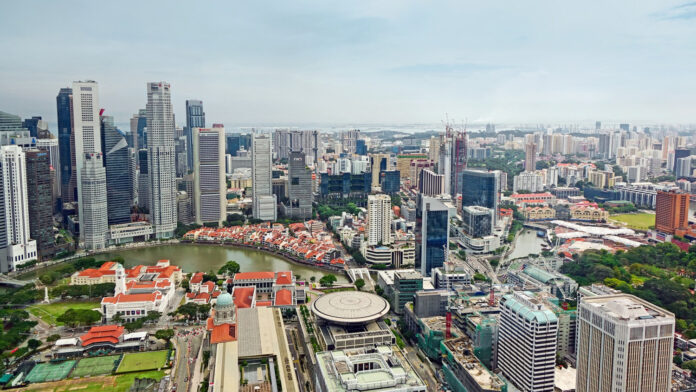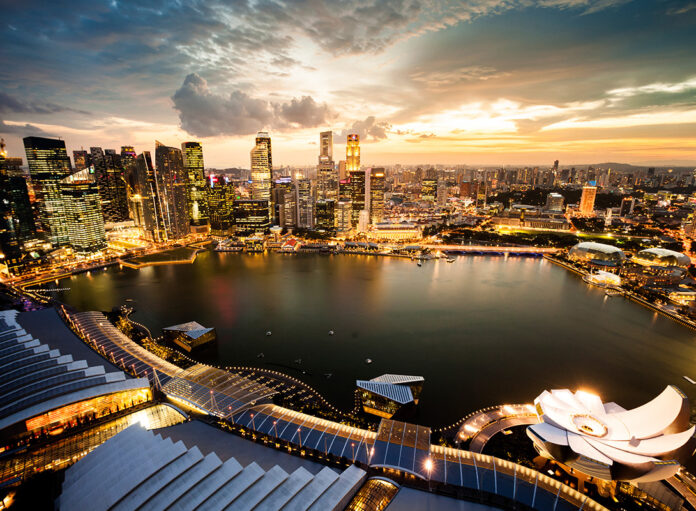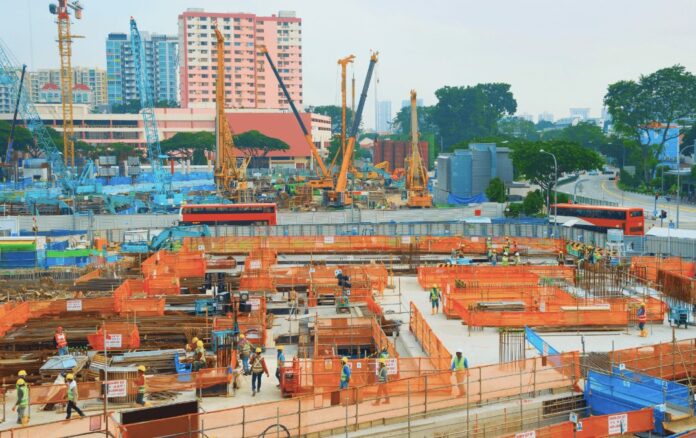Real estate markets fluctuate, but some places maintain an unbeatable edge. Investors looking for stability, strong government policies, and long-term growth should focus on locations that tick all the right boxes.
Singapore fits that bill, but not for the reasons people blindly assume. It is not just about high demand or economic success—there is more beneath the surface. The details make all the difference.
Key Highlights
- Market stability backed by strong government policies.
- Strategic location with a global financial hub advantage.
- Limited land supply keeps property values resilient.
- High rental demand driven by expats and professionals.
- Pre-construction opportunities exist but come with risks.
A Market Where Strategy Beats Speculation

Jumping into real estate without a strategy? Bad idea. In Singapore, every investor needs a plan. The government does not play around with property policies. Stricter cooling measures, stamp duties, and loan restrictions make sure that only serious buyers remain in the game. Those hoping for a quick flip should reconsider. Long-term strategies win here.
Projects like Nava Grove stand out due to their premium locations and well-thought-out development plans. Nava Grove at Pine Grove offers a prime position in District 21, balancing modern luxury with natural surroundings. Units range from 2-bedroom apartments to expansive 5-bedroom layouts, attracting both families and investors looking for rental potential. Careful planning and research ensure investments in such properties remain profitable over time.
Government Policies That Shape the Market
Investors need to keep track of changing regulations. The government controls property demand through several well-enforced measures designed to prevent housing bubbles and excessive speculation. A few of the most significant regulations include:
- Additional Buyer’s Stamp Duty (ABSD) ─ The government imposes higher taxes on second and subsequent property purchases, with foreigners paying up to 60%. This makes flipping less viable and long-term leasing a smarter game plan.
- Loan-to-Value (LTV) Ratio ─ Banks cannot offer excessive loans, keeping debt levels in check. Low LTV limits prevent over-leveraging, forcing investors to bring serious capital upfront.
- Property cooling measures ─ Restrictions on financing, foreign ownership, and transaction costs ensure that only serious investors stay in the market.
Understanding how these policies work helps investors maximize their returns and avoid costly mistakes. Singapore’s property regulations make it a market suited for careful, calculated investments rather than risky speculation.
Land Scarcity Keeps Prices Stable

Unlike many other cities where suburban sprawl absorbs excess demand, Singapore faces physical limits on growth. The scarcity of land ensures that property prices remain resilient. This limited supply creates a protective effect against sharp price drops, making the market more stable than others.
Government intervention plays a role in maintaining a balanced supply. Authorities carefully manage land releases through the Government Land Sales (GLS) program. This means new projects are strategically introduced to prevent oversupply. Investors who understand how these land sales impact future market trends can better position themselves for strong returns.
Additionally, premium districts hold their value due to exclusivity. Areas with high-end developments, reputable schools, and excellent connectivity continue to attract long-term buyers and tenants. Investors who secure properties in such locations see their assets appreciate steadily over time.
A Rental Market That Works in Your Favor
Investors looking for stable rental income will find that demand rarely slows down in key districts. The country’s status as a financial hub means that professionals, expatriates, and business executives consistently seek rental properties.
Investors targeting rental properties should focus on proximity to MRT stations, commercial districts, and lifestyle hubs. Well-located apartments with modern facilities consistently achieve strong occupancy rates.
Pre-Construction Properties—Opportunity or Trap?

Pre-construction purchases can offer substantial benefits, but they also carry risks. Many investors are drawn to these deals because of discounted prices and flexible payment structures. However, not all projects deliver on their promises.
- Early-bird pricing allows investors to enter the market at a lower cost. Buying before public sales launch can secure a better deal, provided the developer has a strong track record.
- Developers offer attractive payment schemes, reducing immediate financial strain. Staggered payments make it easier for buyers to plan their finances.
- Capital appreciation potential is higher for well-located projects. Once completed, the units can fetch significantly higher prices, making them a lucrative option for resale or rental.
Despite these benefits, risks exist. Some projects face construction delays, financing issues, or fail to attract buyers upon completion. Thorough research is key. Choosing reputable developers with a history of successful projects minimizes exposure to potential losses.
Infrastructure Growth Increases Property Value
Major infrastructure projects influence property prices in surrounding areas. Investors who track development plans can make smarter buying decisions. Upcoming MRT lines, expressway expansions, and urban redevelopment initiatives all contribute to future value appreciation.
Recent improvements that have impacted property prices include:
- Cross Island Line expansion ─ Enhances connectivity and boosts demand in suburban areas.
- Jurong Innovation District transformation ─ Turns the west into a thriving economic hub, driving property interest.
- Greater Southern Waterfront project ─ A major redevelopment plan that will introduce new business districts and lifestyle areas, reshaping the city’s coastline.
Properties near such developments typically outperform the market in terms of capital appreciation and rental demand.
Foreign Ownership—Know the Rules

Foreign investors must navigate specific restrictions. The government has implemented policies that prevent excessive foreign speculation, but opportunities still exist.
- Foreigners can buy private condominiums but are restricted from purchasing HDB flats. Those looking to invest in rental properties should focus on private developments.
- Sentosa Cove is an exception for landed property purchases. This exclusive area is the only place where foreigners can buy landed homes.
- Citizenship status affects taxation and ownership eligibility. Permanent residents enjoy slightly lower restrictions, making residency a consideration for long-term investors.
Investors who understand these rules avoid costly mistakes and maximize their real estate strategies.
Long-Term Gains Outweigh Short-Term Moves
Short-term speculation rarely works in this market. Government regulations and high transaction costs make flipping a challenging game. Investors who focus on long-term strategies—such as rental income and capital appreciation—see the best results.
Real estate cycles exist, but Singapore’s stability ensures that well-chosen investments remain strong over the years. Those who enter the market with a clear strategy and patience are the ones who walk away with significant returns.
Conclusion
Investors looking for stability, appreciation, and rental income can benefit greatly from this market. But only with the right approach. Strategic buying, patience, and thorough research ensure success. The wrong moves lead to losses. Those who know what they are doing capitalize on opportunities that others overlook.









